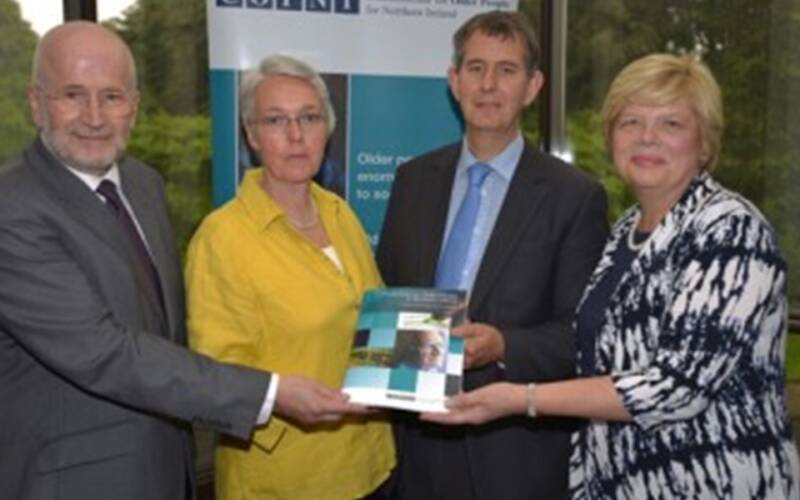The Commissioner’s report, entitled “Valuing an Ageing Workforce,” was produced in conjunction with the International Longevity Centre-UK, and highlights the need for government and employers to introduce ways to enable older people to remain in the workforce for as long as they wish to.
Northern Ireland is an ageing society, with life expectancy growing at an unprecedented rate – and this is something worth celebrating. More older people are staying in work, and more employers are seeing the value that older workers can bring to the workforce. Since the financial crisis in 2008, employment rates for people aged 50-64, and those over 65, have, for the most part, increased year on year.
What is less apparent is the economic case for supporting more older people to remain in employment for longer. The research report has found that economic output for Northern Ireland could increase by a staggering £2.3 billion by 2037, which equates to an additional 4.4%, if employment rates for the over 65s continue to increase.
This shows that older workers can be more effective than their younger colleagues and make a positive contribution in the workplace, despite widely held misconceptions that somehow productivity and output diminish with age. Many people will want to stay in work, for a variety of reasons, such as the removal of the previous Default Retirement Age, increase in life expectancy, and for personal fulfillment; and some will stay in work because they need to for financial reasons.
It is essential that appropriate supports are put in place so as to enable older workers to continue to be able to play a positive role in the workforce. This means introducing support for informal carers, flexible working practices, improved public health and promoting a positive view of ageing within human resource departments so as to ensure that older workers can be supported, whatever their circumstances. By working with older people to facilitate their needs, we can enjoy the benefits of a more experienced workforce.




